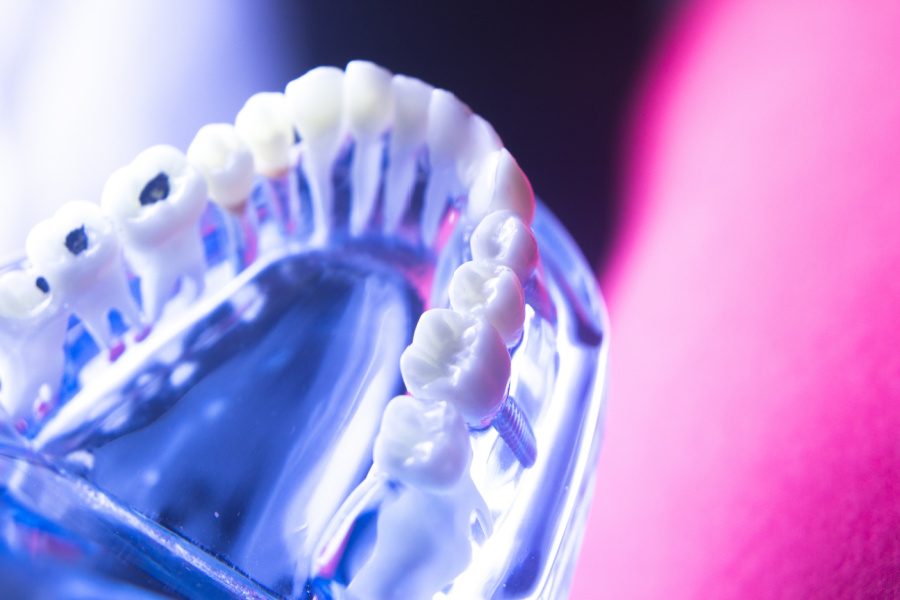
Dental implants have become one of the most trusted and effective solutions for replacing missing teeth. Designed to look, feel, and function just like natural teeth, implants offer a long-lasting alternative to traditional dentures or bridges. Whether you've lost a tooth due to injury, decay, or age-related issues, implants provide a stable and permanent solution that many patients now prefer.
However, as with any surgical procedure, safety is a key concern. Are dental implants safe for everyone? What are the potential risks, and how can they be minimised? In this guide, we explore the safety of dental implants, what to expect during the process, and how to ensure the best possible outcome.

Dental implants are artificial tooth roots, typically made from biocompatible titanium, that are surgically inserted into the jawbone to support a replacement tooth, bridge, or denture. Over time, the implant fuses with the surrounding bone in a natural process called osseointegration, creating a strong and stable foundation for long-term tooth restoration.
The dental implant process usually takes place over several months and includes the following stages:
Dental implants can be used to replace a single missing tooth, multiple teeth, or even to support a full set of dentures, offering both functional and cosmetic benefits.
In the UK, dental implants are generally provided through private dental practices, as they are rarely available on the NHS—typically only in cases of significant trauma or complex medical needs. For this reason, it’s essential to choose a qualified provider and ensure the safety and quality of care before starting treatment.
Dental implants are widely regarded as a safe and effective treatment for replacing missing teeth—especially when carried out by a qualified dental professional. With proper planning, placement, and aftercare, implants offer one of the highest long-term success rates in modern dentistry.
According to data from Cambridge University Hospitals (NHS):
While dental implants are classified as a surgical treatment—and no surgery is entirely risk-free—the rate of serious complications remains very low when the case is properly assessed and managed by experienced clinicians. Choosing a reputable implant provider and following the recommended aftercare is key to ensuring safety and long-term success.
In the UK, dental implant procedures are carefully regulated to ensure high standards of patient care and clinical safety. The General Dental Council (GDC) oversees the registration and conduct of dental professionals, ensuring that only qualified practitioners are permitted to perform implant treatments.
In addition, best-practice guidelines are provided by respected professional organisations such as:
These bodies promote clinical excellence by setting standards for implant training, treatment planning, infection control, and patient communication. Their oversight helps ensure that practitioners follow rigorous protocols and provide patients with clear, evidence-based information before any procedure begins.
Although dental implants are considered a safe and reliable treatment, it’s important to understand that, like any surgical procedure, they come with potential risks. Being aware of these risks—and how they can be minimised—can help you make a fully informed decision.
These involve the body’s response to the implant and surrounding tissues:
These involve the physical components of the implant system:
Most complications are preventable or manageable with proper care, including:
Understanding these risks allows you to make a confident, informed choice about your dental health.
While dental implants are highly successful for most patients, certain health and lifestyle factors can increase the risk of complications such as infection, delayed healing, or implant failure. At Ora Dental, we believe in providing you with the information you need to make an informed decision and set yourself up for a smooth and successful treatment.
You may be at higher risk if:
The good news? Most of these risks can be significantly reduced with the right preparation, personalised treatment planning, and expert care.
At Ora Dental, our experienced team uses advanced imaging, thorough assessments, and industry-leading techniques to ensure the best possible outcome. We’re here to support you every step of the way—from your first consultation to long-term aftercare.